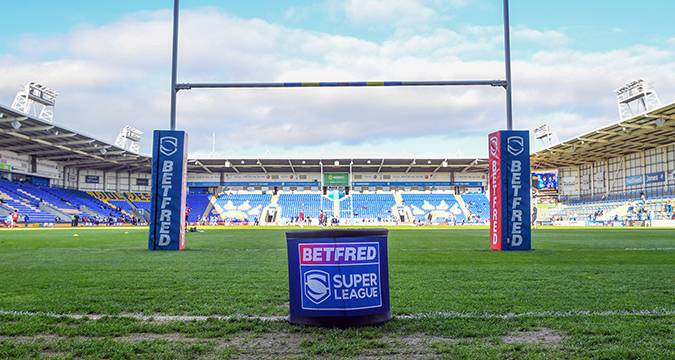 THE MAJORITY of Super League clubs whose financial year runs to the end of November each year have recently posted their 2023 accounts with Companies House.
And, although most of them have posted significant losses, some have taken action to improve their grading scores prior to next month's announcement of the IMG gradings going into the 2025 s
THE MAJORITY of Super League clubs whose financial year runs to the end of November each year have recently posted their 2023 accounts with Companies House.
And, although most of them have posted significant losses, some have taken action to improve their grading scores prior to next month's announcement of the IMG gradings going into the 2025 s Super League clubs’ financial results analysed as most post significant losses
 THE MAJORITY of Super League clubs whose financial year runs to the end of November each year have recently posted their 2023 accounts with Companies House.
And, although most of them have posted significant losses, some have taken action to improve their grading scores prior to next month's announcement of the IMG gradings going into the 2025 s
THE MAJORITY of Super League clubs whose financial year runs to the end of November each year have recently posted their 2023 accounts with Companies House.
And, although most of them have posted significant losses, some have taken action to improve their grading scores prior to next month's announcement of the IMG gradings going into the 2025 s 